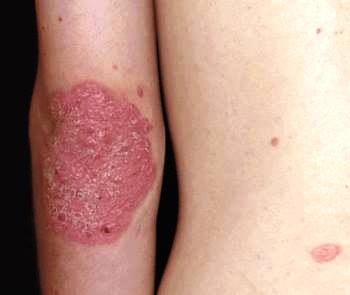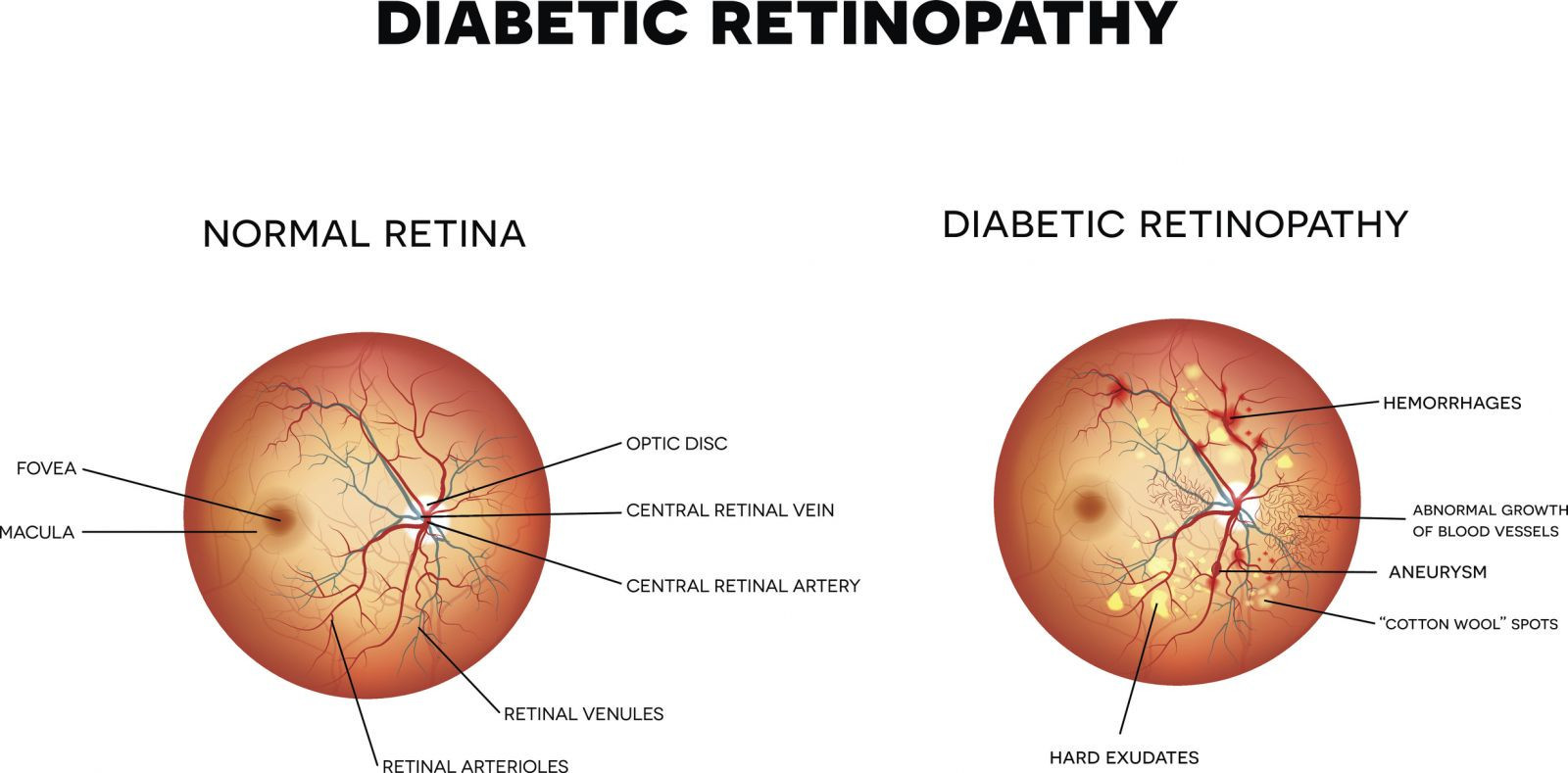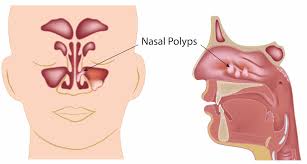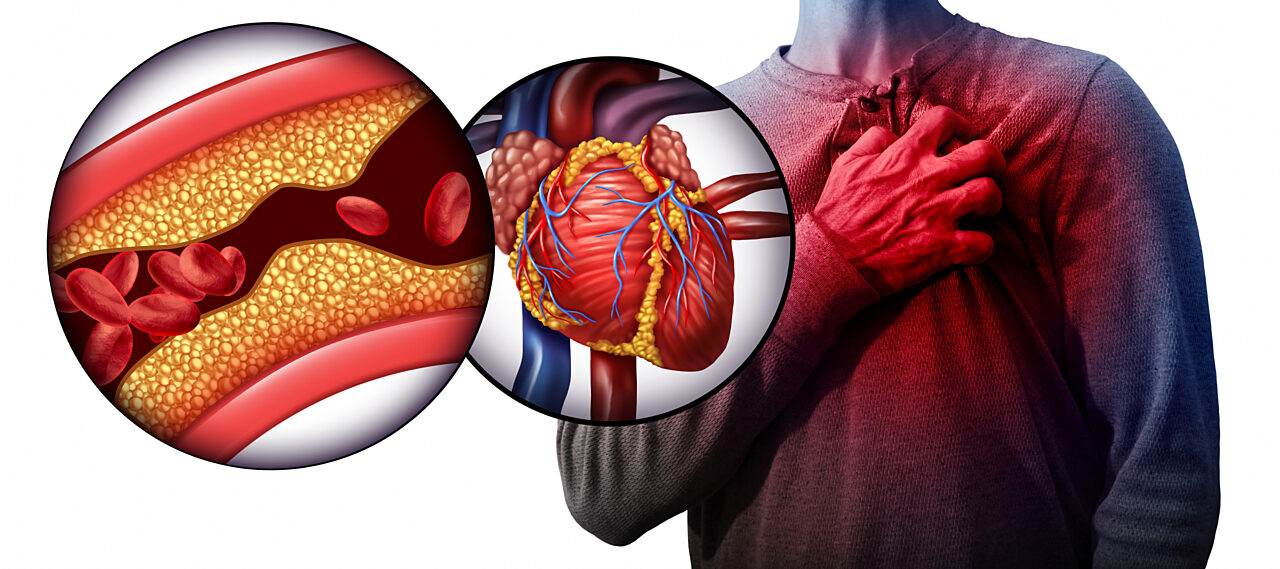How to Get Rid of Psoriasis Permanently
Psoriasis is a skin disorder in which skin cells multiply 10 times faster than normal. It forms the skin in a rough red patch covered with white scales. They grow anywhere, but are mostly found on the scalp, elbows, and knees and lower back. Psoriasis is not transmitted from person to person. It sometimes occurs in single family members.
In people with psoriasis, this production process occurs within a few days. Because of this, skin cells do not have time to fall off. This rapid growth leads to the formation of skin cells. These can develop anywhere in the body, including:
- Turn
- Feet
- Neck
- Skull
- Face
Four Types of Psoriasis
1. Pustular Psoriasis
Pustular psoriasis causes red and crusted skin with small pimples on the soles of the hands and feet.
2. Guttate Psoriasis
Guttate psoriasis, often beginning in childhood or youth, mainly causes small, red spots on the torso and limbs. Triggers can cause respiratory infections, strep throat, tonsillitis, stress, skin lesions and antimalarial and beta-blocker medications.
3. Inverse Psoriasis
It is a type of psoriasis which causes bright red, shiny lesions which is generally located in armpits, groin and under the breasts that appear under the folds of skin is well.
4. Erythrodermic Psoriasis
Erythrodermic psoriasis, which causes redness of the skin and removal of scales on the sheets. It prevents the treatment of severe sunburn, infection, certain medications and It needs immediate treatment as it can cause serious illness.
Triggers On the Basis of which Psoriasis Outbreak
- Cut, scrap or surgery
- Mental stress
- Strep infection
- Including drugs
- Blood pressure medications (e.g. beta-blockers)
- Hydroxychloroquine, antimalarial drug
Remedies To Get Rid Of Psoriasis
Fortunately, there are many treatments. Some slow the growth of new skin cells, while others relieve itchy and dry skin. Your doctor will choose the right treatment plan for you based on the size of your rash, where it will depend on your body, your age, your overall health and other factors. Common treatments:
- Light Therapy: A doctor will shine an ultraviolet light on your skin to slow the growth of skin cells. PUVA is a treatment that combines a drug called Psoralen with a special ultraviolet light.
- Methotrexate: This drug causes bone marrow and liver disease as well as lung problems, so it is only for serious cases. Physicians closely monitor patients by this method of treatment. You will need to get a lab test, possibly a chest X-ray and a liver biopsy.
- Retinoids: These tablets, creams, foams, lotions and gels are a class of medicines related to vitamin A. Retinoids can cause serious side effects, including birth defects, so they are not recommended for pregnant women or those who want to have children.
Regard: Dr. Naveed Shahzad











